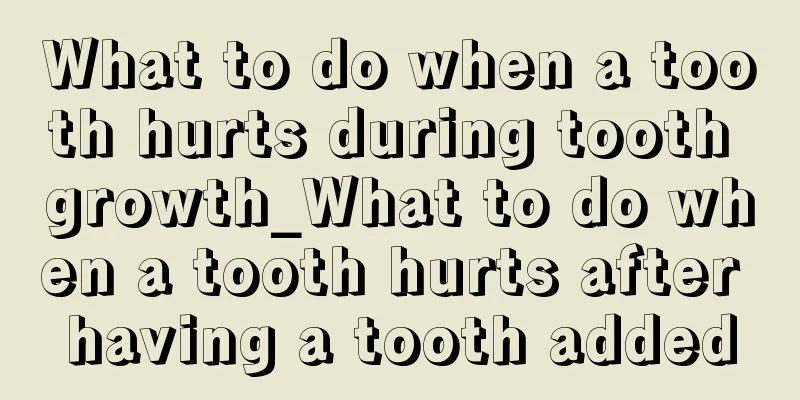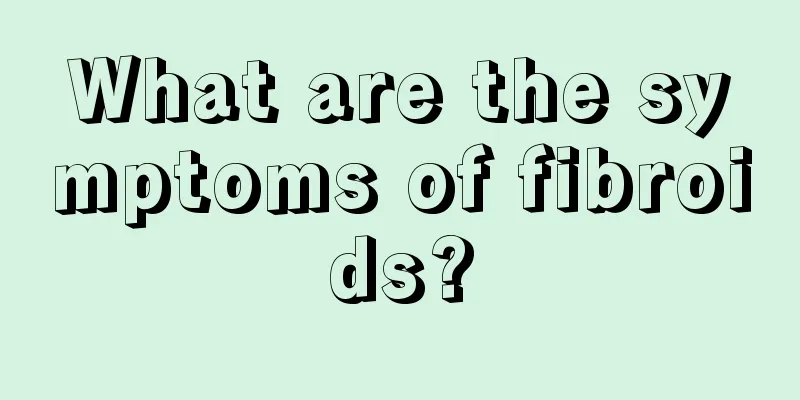What to do if your heart rate is too slow

|
Heart health is an extremely important factor for people's bodies, because the heart is the driving force of blood circulation. Once there is a problem with the heart, it will have a serious impact on blood circulation and even endanger life safety, etc. Therefore, we must pay attention to heart health, and heart health can be detected from the heart rate. For example, what will happen if the heart rate is too slow? Let’s take a look at the explanation below. If the maximum heart rate is less than 60 beats per minute, it is called sinus bradycardia. There are both physiological and pathological causes of sinus bradycardia. During some health examinations, doctors often encounter people whose heart rate is less than 60 beats per minute. Most of them are athletes or people who do heavy manual labor. Although their heart rate has decreased, the amount of blood pumped out by the heart with each beat is more than that of ordinary people. This arrhythmia is physiological and does not require treatment. A sinus rhythm slower than 60 beats per minute is called sinus bradycardia. It may occur in healthy adults, especially athletes, the elderly, and during sleep. Other causes include increased intracranial pressure, hyperkalemia, hypothyroidism, hypothermia, and the use of drugs such as digitalis, beta-blockers, reserpine, guanethidine, and methyldopa. In organic heart diseases, sinus bradycardia can be seen in coronary heart disease, acute myocardial infarction, myocarditis, cardiomyopathy and sick sinus syndrome. Medication principles: 1. Most patients' symptoms disappear after eliminating the cause or inducement. 2. Active treatment should be given when there is a clear primary disease. Treatment principles: 1. Sinus bradycardia, if the heart rate is not less than 50 beats per minute and there are no symptoms, does not require treatment. 2. If the heart rate is less than 40 beats per minute and symptoms occur, drugs to increase the heart rate (such as atropine, ephedrine, or isoproterenol) can be used. 3. Patients with significant sinus bradycardia accompanied by sinus arrest and syncope may consider installing an artificial pacemaker. 4. Treatment of primary disease. 5. Symptomatic and supportive treatment. |
<<: How to reduce inflammation when inserting a urinary catheter
>>: Is it ok to take Chinese medicine and get anti-inflammatory injections?
Recommend
Life care for prostate cancer patients during the recovery period
Prostate cancer is a malignant tumor that occurs ...
Can eating pears lower blood sugar?
Diabetic patients generally have symptoms of high...
What to do if your toe is cracked?
Friends with cracked toes can actually relieve th...
Do men have trichomoniasis?
Trichomonas diseases usually occur in women, but ...
What is the difference between skin cancer and skin tumor
I believe that people know more about skin tumors...
Are high heels harmful to health?
I believe that many female friends have the exper...
Pay attention to the early symptoms of cardia cancer
In life, the incidence of cardia cancer is gettin...
Can I smoke if I have Hepatitis C
Smoking is a phenomenon that can be seen everywhe...
What are the effects of Eclipta prostrata?
Houttuynia cordata can be used to treat vomiting ...
Is nasopharyngitis nasopharyngeal cancer?
Nasopharyngitis is not nasopharyngeal carcinoma, ...
What to do if my arms are sunburned
Nowadays, people often participate in outdoor spo...
What is an epididymal tumor? What are the common symptoms of epididymal tumors?
What is epididymal tumor? Epididymal tumor is one...
What are the clinical manifestations of facial nerve injury
Once the facial nerve of the human body is damage...
How to hydrate dehydrated hair
Hair can also lack water, which is something many...
Body joint pain is an obvious early symptom of liver cancer
Liver cancer patients: The early symptoms of live...









